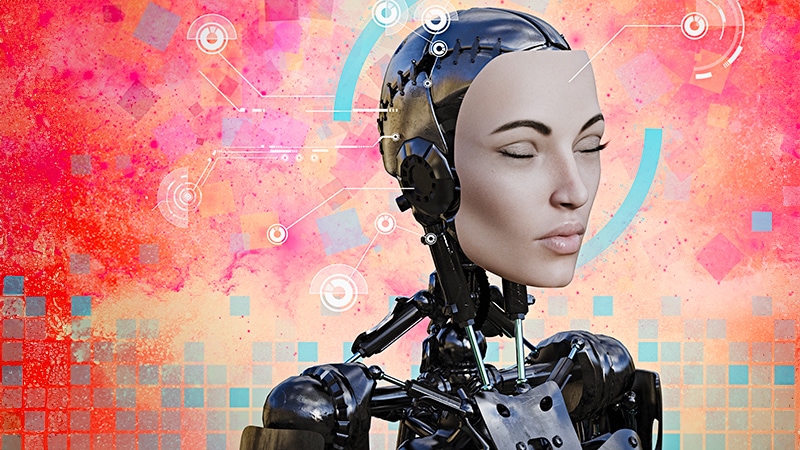AI Chatbot Inaccuracies Exposed: A Warning to All!
The future of artificial intelligence (AI) in healthcare is uncertain and could lead to major problems, says Dr. Isaac Kohane, an expert in the field. At a recent conference, he highlighted the charming problem of AI models hallucinating made-up data and presenting it with confidence. This revelation has left many questioning the reliability of AI tools in the healthcare industry.
Researchers presented a test of ChatGPT, an AI chatbot designed for language processing but not scientific accuracy. They asked ChatGPT about boxed warnings on the FDA’s label for common antibiotics. Shockingly, ChatGPT provided correct answers for only 29% of the antibiotics queried. It either mistakenly reported a boxed warning when there wasn’t one or inaccurately described the warning. This raises serious concerns about the accuracy of AI-generated information when it comes to medication safety.
Even when ChatGPT correctly identified antibiotics with boxed warnings, it failed to provide accurate details about adverse events. For example, it falsely claimed that fidaxomicin, which treats C. difficile, has a boxed warning for increased risk, creating unnecessary panic for worried family members. Similarly, it misreported the risks of cefepime, an antibiotic used for hospital-acquired pneumonia, potentially leading to incorrect treatment decisions.
The danger lies in the uncritical use of AI tools like ChatGPT. Both physicians and the general public might rely on the information provided without questioning its validity. This could result in harmful consequences for patients and unnecessary anxiety for their loved ones. It is imperative that AI-generated information is not blindly trusted and used as the sole source of medical knowledge.
The advancements in AI are undeniable, with the technology rapidly improving and surpassing human performance on various tasks. However, this progress also raises concerns about the potential misuse or misinterpretation of AI-generated data. As AI continues to advance, it is crucial to stay vigilant and critically evaluate the information it provides.
So what’s next for AI in healthcare? Dr. Kohane admits that he doesn’t know for sure, but he believes it will only get better. The true potential of AI to transform healthcare is yet to be fully realized, but it is important to approach it with caution and not blindly rely on its outputs.
What are your thoughts on the impact of AI in healthcare? Have you had any personal experiences with AI-generated medical information? We want to hear from you! Share your thoughts and experiences in the comments below.
IntelliPrompt curated this article: Read the full story at the original source by clicking here a fun game: sprunki horror

